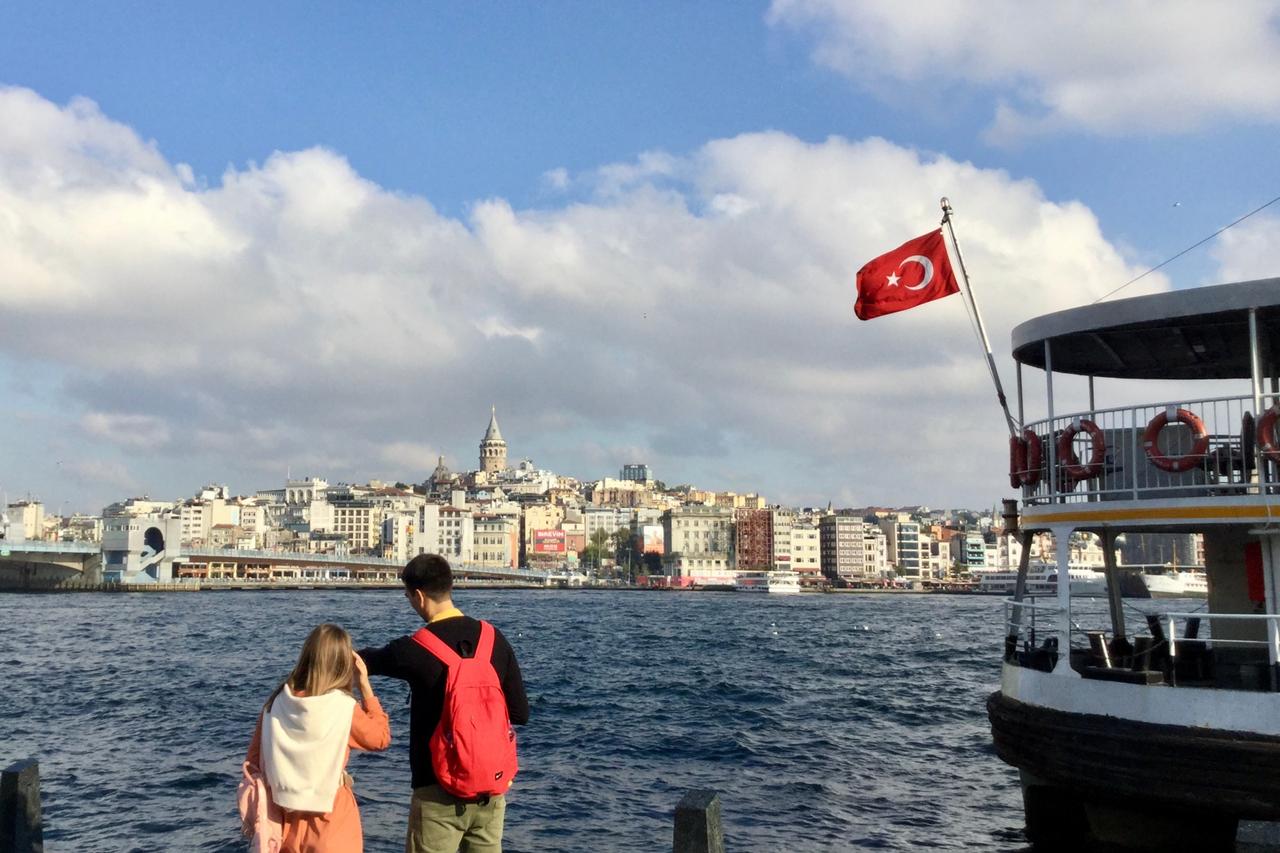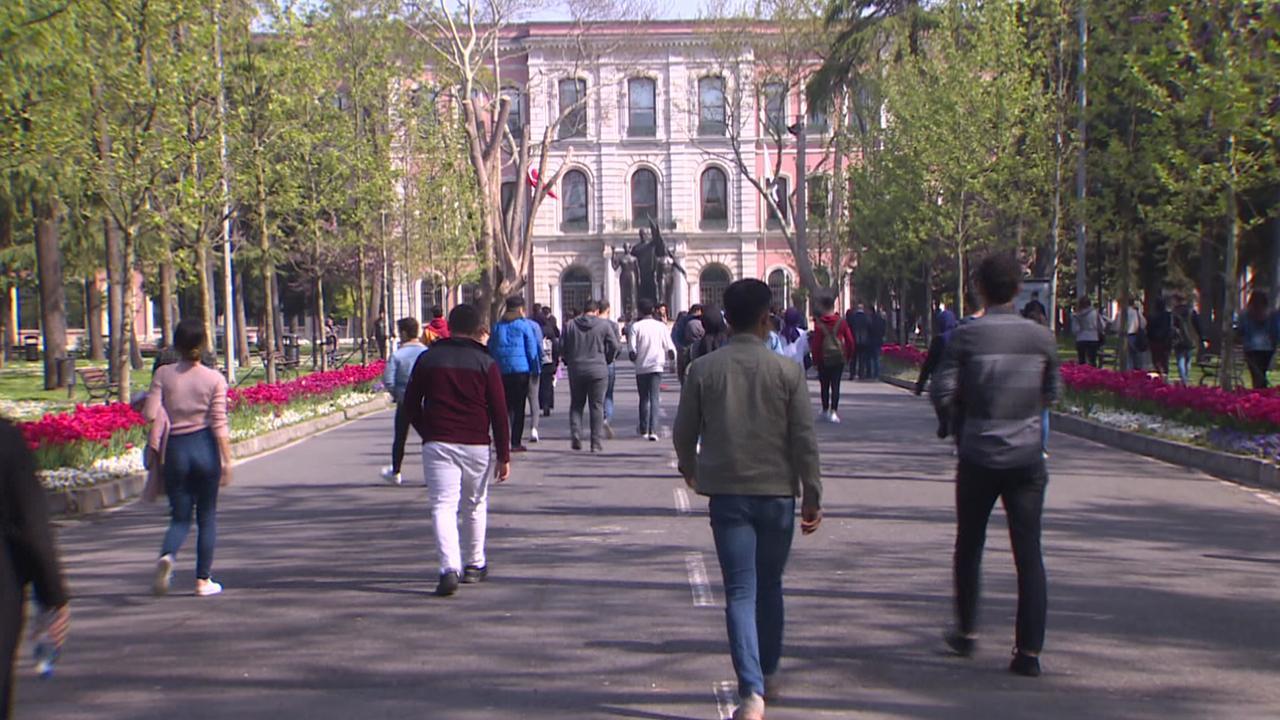
The Turkish government has unveiled a framework aimed at reducing the country’s historically high level of "idle workforce," with a main focus on encouraging the participation of young people who are neither in education nor employment in the labor force.
According to the 2026–2028 Medium-Term Program released by the government on Monday, the program foresees initiatives aimed at instilling a culture of work from an early age and preparing individuals for employment.
Those classified as part of the potential labor force will be offered job counseling and access to active labor market programs. Authorities plan to provide tailored guidance and training opportunities to raise participation levels.
The government also intends to strengthen the connection between social assistance and employment schemes.
Welfare recipients will be encouraged to join skill-building programs designed to improve employability.
Retraining opportunities will be made available for people unable to find jobs that match their existing qualifications, supporting their transition into stable employment.
In addition, parental leave regulations will be revised to promote a more balanced sharing of caregiving responsibilities.
While no specific program has yet been launched, the framework is expected to form the basis for upcoming initiatives.

Idle workforce, often described as "broad unemployment," refers to groups not fully reflected in the standard unemployment rate.
It includes people willing to work but not actively seeking jobs, seasonal employees, and part-time workers seeking full-time positions.
While the official unemployment rate stood at 8% in July, the broader measure remained high, easing from 32.7% in June to 29.6% in July, covering over 10 million people.
Among young people, the challenge is more pronounced: 31.3% of those aged 18–24 in Türkiye are neither in education nor employment, compared with an OECD average of 14.1%.
In the wider 18–34 age group, this translates to more than 6 million individuals disengaged from the labor market.